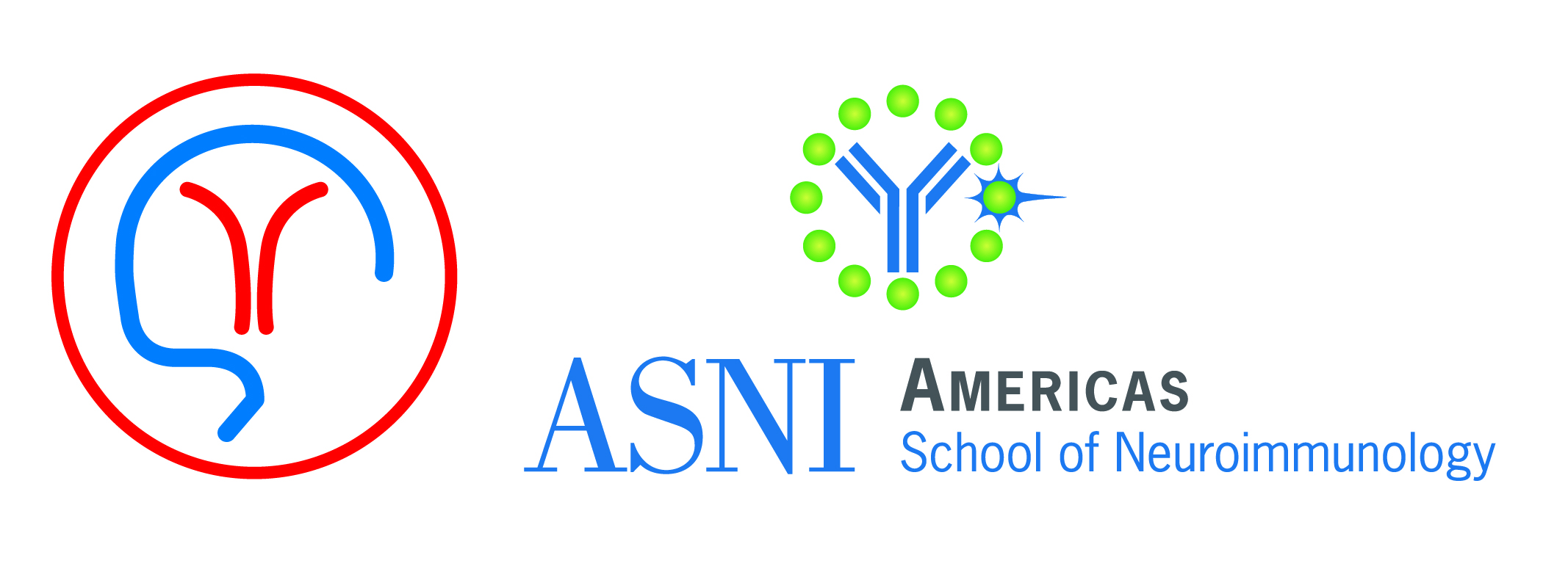
Dr. Maya Koronyo-Hamaoui PhD
Associate Professor
Neurosurgery & Biomedical Sciences
Maxine Dunitz Neurosurgical Institute
Head, Alzheimer’s Disease Research Laboratory
Retinopathy & Neuroimmunology Research
Cedars-Sinai Medical Center
Los Angeles (CA) | USA
Maya Koronyo-Hamaoui, PhD. Associate Professor in the Departments of Neurosurgery and Biomedical Sciences, the Maxine Dunitz Neurosurgical Institute at Cedars-Sinai Medical Center, Los Angeles, California. Head of the Alzheimer’s Disease Research Laboratory with emphasis on retinopathy and neuroimmunology.
Dr. Koronyo-Hamaoui’s major focus is investigating the role of innate immune cells – especially peripheral monocytes and macrophages – in CNS repair and regeneration, and the development of immunomodulation-based treatments for Alzheimer’s disease (AD). This approach of harnessing peripheral immunity to fight neuroinflammation in AD represents a paradigm shift from the common view that any type of CNS inflammation is a sign of pathology. Koronyo-Hamaoui’s team identified a subtype of neuroprotective bone marrow-derived monocyte subtype that is recruited to diseased brain parenchyma to remove pathological protein aggregates, regulate detrimental inflammation, and protect synapses and cognitive function. When monocytes were peripherally depleted or inhibited, AD pathology was exacerbated. Further, her team found that when cerebral recruitment of these monocyte-derived macrophages was enhanced in murine models of AD, either by immunization with altered myelin-derived antigens or peripheral blood enrichment with BM-CD115+/Ly6C+ monocytes, it led to diminished retinal and brain pathology along with cognitive preservation. Further, her team discovered that targeting high expression of Aβ-degrading peptidase (ACE) to these monocytes enhanced their ability to resist AD neuropathology. More recently, her team identified molecular parallels between retinal and brain responses to immune-modulation therapy. Another key research area of Dr. Koronyo-Hamaoui team is the exploration of pathological hallmarks of Alzheimer’s in the neurosensory retina for the prospect of early diagnosis and monitoring response to therapy. She is nationally recognized for her pioneer work in identifyingthe pathological hallmarks of AD, Aβ deposits, in the retina of AD patients, including early-stage cases. Importantly, her team developed a breakthrough noninvasive approach for detection of retinal Aβ deposits in living patients using high-resolution optical retinal imaging. Together with NeuroVision Imaging LLC, a company she co-founded, this technology was translated and is tested in clinical trials worldwide. Currently, her lab is exploring neuroinflammation, tauopathy, oligomers, and vascular biomarkers in the retina of MCI and AD patients while establishing their relationship with disease in the brain and cognitive status. Dr. Koronyo-Hamaoui is a board member on national committees, including the ‘Eye as Biomarker for Alzheimer’s Disease’ Professional Interest Area (PIA) within the Alzheimer’s Association ISTAART. For her work in neuroimmunology and Alzheimer’s retinopathy, she was awarded multiple NIH/NIA research grants and garnered other honors such as the 2012 Pioneer in Medicine Award (Society for Brain Mapping Foundation), the 2013 Coins for Alzheimer’s Research Trust (CART) grant, and 2014 BrightFocus (AHAF) Alzheimer’s research fund.
